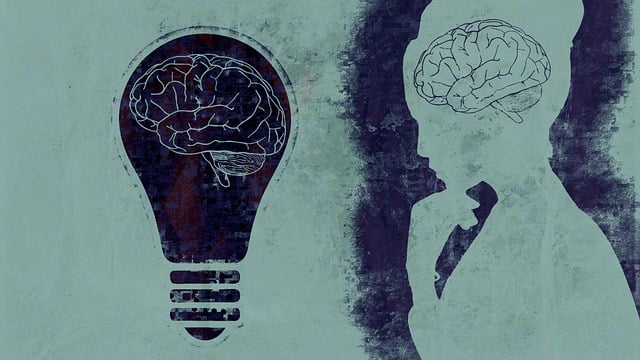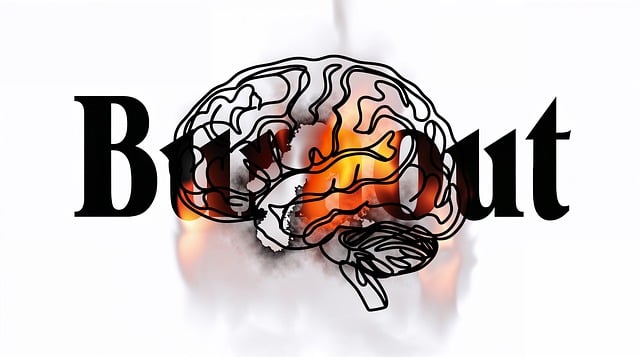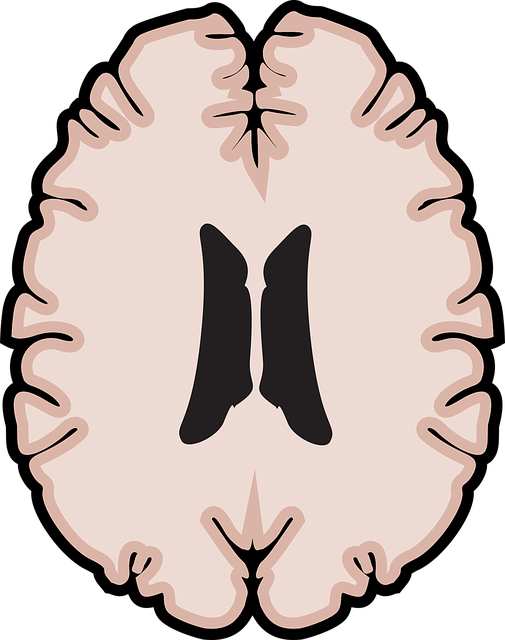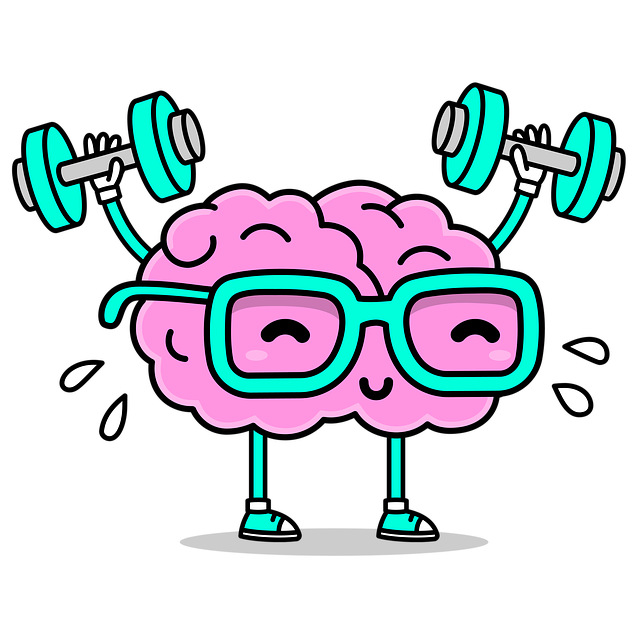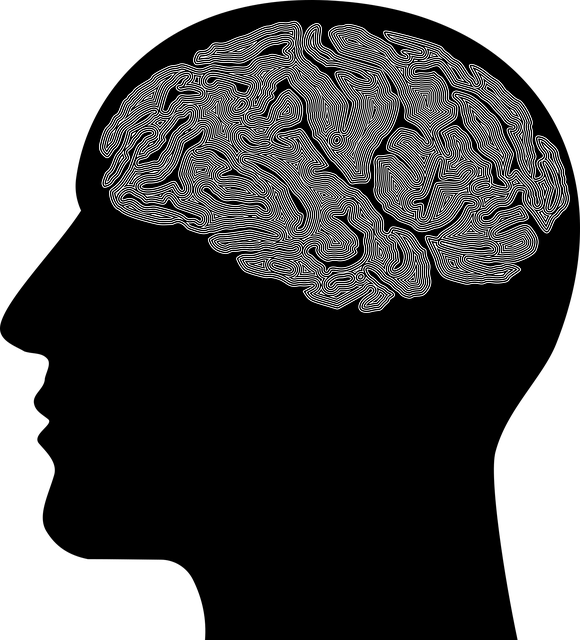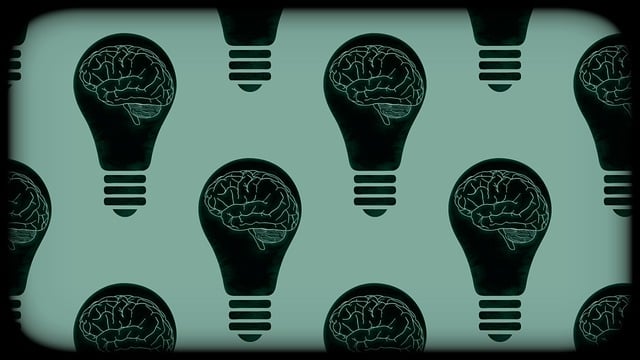In today's digital age, social skills training is crucial for managing mental health, especially through Superior Stress Management Therapy (SSMT). SSMT combines relaxation techniques, mindfulness exercises, and emotional regulation strategies to reduce social anxiety. By focusing on key social skills like communication, active listening, empathy, conflict resolution, and non-verbal cues, therapists empower individuals to navigate interactions with confidence. Role-playing, positive reinforcement, and conflict resolution techniques enhance social competence. Measuring success through both quantitative and qualitative assessments helps tailor treatment plans for improved outcomes. This holistic approach integrates SSMT with social skills training to achieve better mental wellness, stronger connections, and more balanced lives.
Social skills training is a powerful tool for managing mental health conditions. This comprehensive guide explores the intricate link between social interactions and psychological well-being, highlighting how improving communication and relationship building can significantly enhance therapy outcomes. We delve into evidence-based practices, focusing on Superior Stress Management Therapy, to target specific social skills essential for navigating social challenges. By understanding the core components of effective training, mental health professionals can facilitate lasting positive changes in their clients’ lives.
- Understanding the Link Between Social Skills and Mental Health
- The Role of Superior Stress Management Therapy in Social Skills Training
- Identifying Core Social Skills for Targeted Training
- Implementing Effective Training Techniques for Lasting Change
- Measuring Success and Promoting Ongoing Growth
Understanding the Link Between Social Skills and Mental Health

The connection between social skills and mental health is a profound one, often overlooked yet immensely significant. In today’s world, where digital interactions are prevalent, fostering robust social connections can be a game-changer for individuals managing mental health conditions. Mental Health Education Programs Design that incorporate social skills training empower individuals to navigate social situations with greater ease, boosting their confidence and overall well-being. By learning effective communication strategies and emotional regulation techniques, such as Compassion Cultivation Practices, participants can enhance their ability to form meaningful relationships and create a support system crucial for stress management.
Superior Stress Management Therapy often involves addressing the root causes of distress, which are frequently exacerbated or relieved by one’s social environment. Social skills training provides tools to manage these situations, promoting better coping mechanisms. This approach recognizes that effective social interactions can serve as a protective factor against mental health deterioration, offering a sense of belonging and purpose—essential elements in the healing process.
The Role of Superior Stress Management Therapy in Social Skills Training

Social skills training is a potent tool for individuals navigating mental health conditions, and integrating Superior Stress Management Therapy (SSMT) can significantly enhance its effectiveness. SSMT offers a comprehensive framework for managing stress, which is often a pivotal aspect in addressing social anxiety or avoidance. By teaching individuals advanced relaxation techniques, mindfulness practices, and emotional regulation strategies, SSMT empowers them to confront social situations with reduced fear and increased confidence.
This therapy doesn’t just focus on the symptoms; it aims to foster mental wellness and promote healthier emotional well-being. Through SSMT, participants learn valuable coping skills development that enables them to navigate challenging interactions more adeptly. By combining these techniques with social skills training, individuals can gain a dual advantage—improved social connections and better stress management, leading to a more balanced and fulfilling life.
Identifying Core Social Skills for Targeted Training

Identifying Core Social Skills for Targeted Training is a critical step in effective Superior Stress Management Therapy. When crafting programs for individuals with mental health conditions, it’s essential to focus on skills that can be directly applied in daily life and significantly impact their social interactions and overall mental wellness. This may include basic communication techniques, active listening, empathy building, conflict resolution strategies, and appropriate non-verbal cues. By pinpointing these core skills, therapists can design tailored training sessions that address specific needs and facilitate meaningful progress.
For instance, integrating Mental Wellness Journaling Exercises into the training regimen can empower individuals to reflect on their social experiences, track triggers for stress or anxiety, and identify healthy coping mechanisms. Similarly, Public Awareness Campaigns Development around mental health can foster a supportive environment, encouraging open dialogue and reducing stigma, thereby enhancing participants’ confidence in social settings. Through a combination of direct instruction, role-playing scenarios, and reflective practices, individuals gain the tools to navigate social situations with greater ease and build lasting connections.
Implementing Effective Training Techniques for Lasting Change

Implementing effective training techniques is paramount for achieving lasting change in social skills development, especially for individuals managing mental health conditions. Therapists and trainers should leverage evidence-based practices that foster practical application and generalizability. Superior Stress Management Therapy (SSMT), for instance, integrates mindfulness, relaxation exercises, and cognitive reframing to empower clients with tools to navigate social interactions with reduced anxiety. By combining these techniques with role-playing scenarios and positive reinforcement, participants can gain confidence in handling various social situations.
Conflict Resolution Techniques play a significant role in improving communication and reducing tension. Training should include not only teaching specific strategies but also encouraging active listening, empathetic understanding, and assertiveness. Boosting clients’ self-confidence through exercises that validate their perspectives and emotions contributes to enhanced mental wellness. Ultimately, these techniques aim to equip individuals with the ability to navigate social dynamics successfully, leading to improved overall well-being.
Measuring Success and Promoting Ongoing Growth

Measuring success in social skills training is an essential aspect of fostering positive outcomes for individuals with mental health conditions. The journey to improved social interactions and overall well-being involves a combination of quantitative and qualitative assessments. By setting realistic goals, therapists can track progress effectively using standardized tools and surveys that gauge social functioning, communication abilities, and the individual’s perception of their own improvement. These measurements provide valuable insights into the effectiveness of therapy, allowing for necessary adjustments to the treatment plan.
Promoting ongoing growth in this context goes hand in hand with continuous self-awareness exercises and the development of a robust self-care routine. Encouraging clients to reflect on their experiences, emotions, and interactions helps build inner strength and resilience. Incorporating regular practice of self-care techniques, such as mindfulness, stress management therapies, and engaging in activities that foster personal growth, ensures individuals can maintain and enhance their newly acquired social skills. This holistic approach not only supports superior stress management but also empowers individuals to navigate social environments with confidence and adaptability.
Social skills training, especially when integrated with Superior Stress Management Therapy, offers a promising approach to enhancing mental health. By focusing on core social skills and employing effective training techniques, individuals can experience lasting positive changes in their interactions and overall well-being. Measuring success through various metrics promotes ongoing growth, ensuring improved mental health outcomes and enhanced quality of life.
